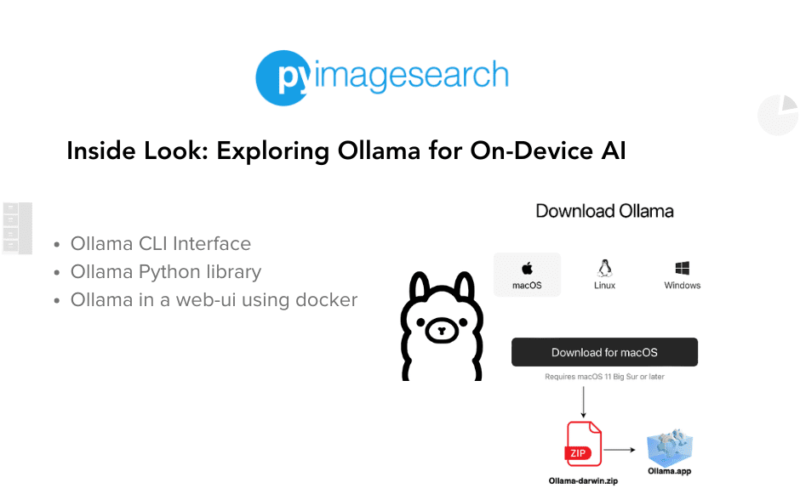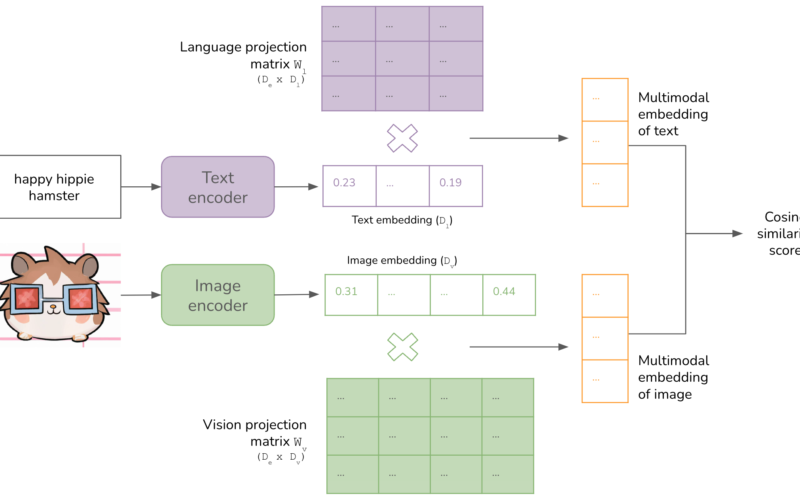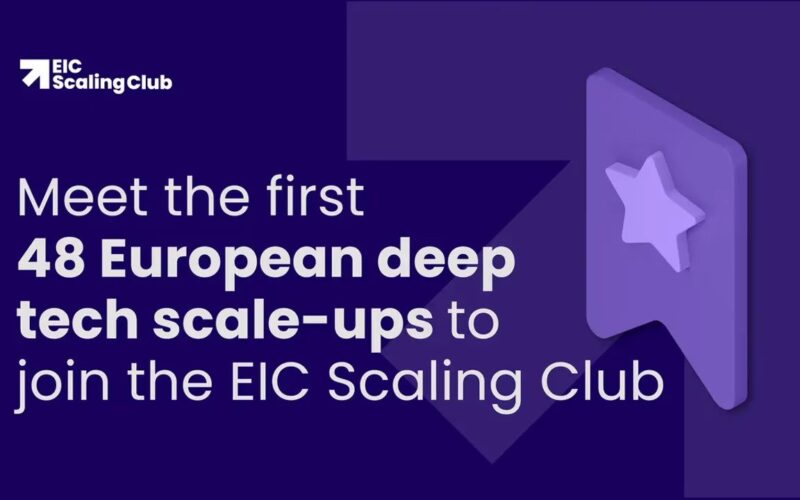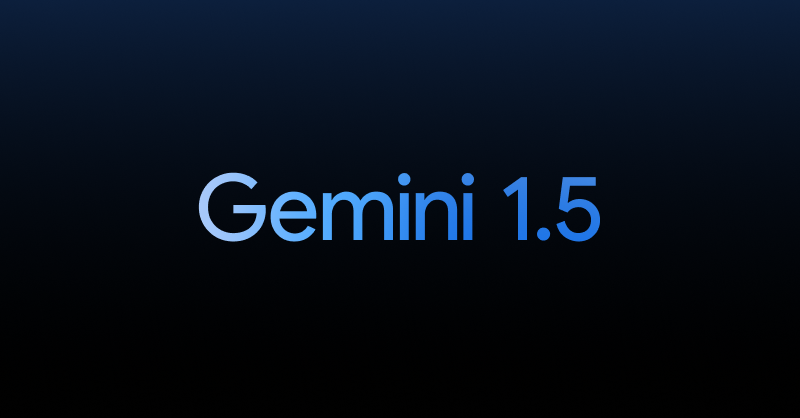28
May
The National Institute of Standards and Technology today announced it’s launching a new initiative called NIST GenAI aimed at assessing generative artificial intelligence models and create systems that can identify AI-created text, images and videos. The launch of the new program came as NIST revealed its first draft publications on AI risks and standards. NIST GenAI will work to create new AI benchmarks and attempt to build what it calls “content authenticity” detection systems that can detect AI-generated media such as text and “deepfake” videos. It’s an effort to counter the dangers of fake and misleading, AI-generated information. In a…










